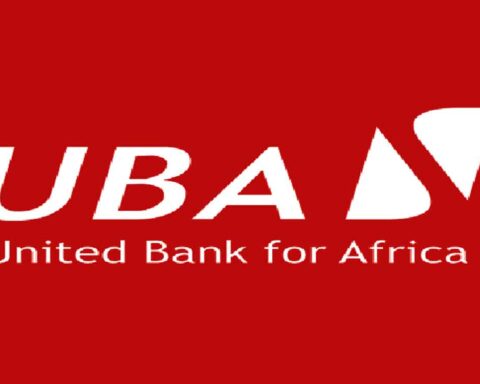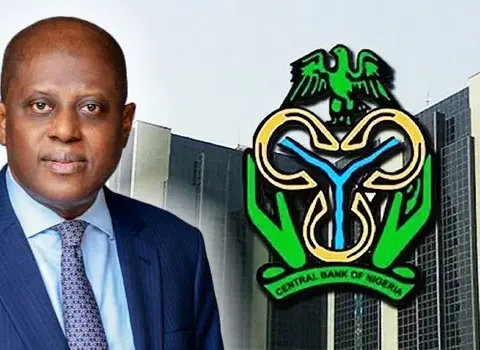The Association of Licensed Telecom Operators of Nigeria (ALTON), has accused banks of misinforming the public about what was agreed on the Unstructured Supplementary Service Data (USSD) charge.
ALTON, an umbrella body of telecom operators in Nigeria, including MTN, Airtel, Globacom, and 9Mobile threatened that telecom operators would cut off USSD services provided to banks unless the financial institutions correct what they termed misleading information and settle outstanding debts.
Join our WhatsApp ChannelThere has been lingering controversy between banks and telecom companies regarding who pays for and how the fees are subtracted from USSD services, which are frequently used for mobile banking and other transactions via short codes.
Prime Business Africa reports that a couple of banks informed their customers on Monday that USSD service fees would now be taken directly from their mobile airtime rather than their bank accounts, in line with a directive from the Nigerian Communications Commission (NCC). With effect from 3 June 2025, the banks said, each USSD session would attract a fee of ₦6.98 per 120 seconds, which would be billed by the user’s mobile network upon consent.
READ ALSO: Internet Data Consumption Drops After 50% Telco Tariff Hike
“In line with the directive of the Nigerian Communications Commission (NCC), please be informed that effective June 3, 2025, charges for USSD banking services will no longer be deducted from your bank account. These charges will now be deducted from your mobile airtime balance,” a notice issued to customers by one of the banks read.
However, while reacting to that, ALTON Chairman, Engr Gbenga Adebayo, said banks are twisting what was agreed on.
READ ALSO: UBA Announces Changes To USSD Banking Charges
According to Adebayo, the NCC, the Central Bank of Nigeria (CBN), telecom operators, and the banks had a joint agreement and was not a directive from the NCC alone, as claimed by banks.
Adebayo explained that the agreement required banks to pay off all outstanding debts to telecom operators for USSD services by 2 June 2025. He added that only then would they be permitted to switch to an “End-User Billing” (EUB) model after the migration process was clear and guaranteed to prevent duplicate charges to customers.
“I don’t understand why the banks are twisting the facts to serve their own interests. It was never a directive from the NCC. It was a consensus decision by the NCC and CBN, witnessed by telcos and the banks,” Adebayo stated.
“The agreement clearly states that a shift to end-user billing would only happen after full debt repayment and mutual agreement on the implementation process.”
READ ALSO: Rising Cost: ALTON Seeks Upward Review Of Telcos’ Service Tariffs
The ALTON chairman pointed out that any claim of implementing the new billing system was premature and misleading because, although some banks had paid off their debts, the majority had not.
“Our stance is clear: if the banks continue to act in bad faith and misinform the public, we may be forced to withdraw USSD support entirely,” Adebayo warned.
He emphasised that banks are free to suspend USSD since it is not a mandatory service, but they must honour their obligations first, by settling the outstanding debts.
Industry observers have raised concerns that the standoff between telecom operators and banks could lead to disruption of mobile banking services and further strain Nigeria’s digital financial ecosystem.
Victor Ezeja is a passionate journalist with seven years of experience writing on economy, politics and energy. He holds a Master's degree in Mass Communication.
















